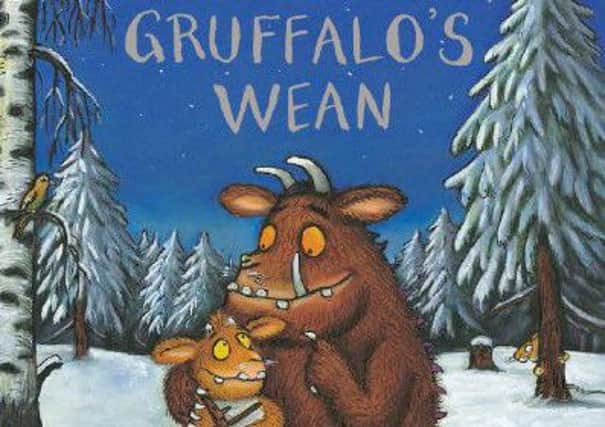Leader comment: Scots is braw '“ but in the right place


The Scots scriever says that such an attitude could stifle the educational progress of our children, and it’s true that there are some kids who can express themselves with aplomb in the vernacular, but who may feel thwarted when asked to translate into “proper” English.
The tongue can trace its roots way back through the centuries and is spoken in various forms around the country, from the lowlands to Orkney and Shetland, Caithness, Arran and Campbeltown.
Advertisement
Hide AdAdvertisement
Hide AdThe UK government has accepted it as a regional language and has recognised it as such under the European Charter for Regional or Minority Languages. In Scotland, Scots is recognised in all its forms as a distinct language and its use is not considered to indicate poor competence in English.
But like Scottish Gaelic, Scots is in danger of disappearance though dilution and cultural shift. There must be no repeat of the negative attitude which did such damage to Gaelic by telling speakers it would hold them back.
We need to safeguard this important part of our heritage but using it as an alternative to English in classrooms is not the way to do it. That in itself may prove a bar to progress, creating confusion for young minds.
Those who celebrate Scots highlight its fundamental difference from English. They are correct to stand up for its identity, but we should be careful not mix the two up.
There needs to be clarity, because the greater good of the whole classroom is what matters most when learning. Scots has a place and a future, but not as a medium for education in a mainstream class.